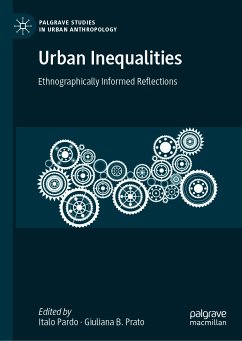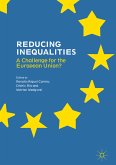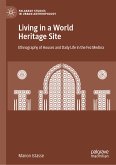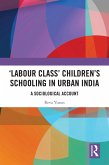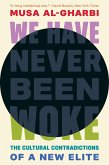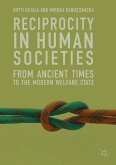-Hana Cervinkova, Professor of Anthropology, Maynooth University, Ireland
'In this volume, Italo Pardo and Giuliana Prato interrogate the complex and nuanced phenomenon of urban inequalities. Ethnographic insights from across the globe tease out the relations of the varieties of ways in which inequalities are perpetuated, nurtured and imposed, most often reinforcing what already fragments the society. A very timely volume to aid reflexive thoughts on the present and future of humankind.'
-Subhadra Channa, Professor of Anthropology (retired), University of Delhi, India, Senior Vice President of the International Union of Anthropological and Ethnological Sciences (IUAES) and Chair of the IUAES Commission on Marginalization and Global Apartheid
This collection brings together leading thinkers on human beings in urban spaces and inequalities therein. The contributors eschew conceptual confusion between equality - of opportunity, of access, of the right to compete for whatever goal one chooses to pursue - and levelling. The discussions develop in the belief that old and emerging forms of inequality in urban settings need to be understood in depth, as does the machinery that, as masterfully elucidated by Hannah Arendt, operates behind oppression to sustain power and inequality. Anthropologists and fellow ethnographically-committed social scientists examine socio-economic, cultural and political forms of urban inequality in different settings, helping to address comparatively these dynamics.
Dieser Download kann aus rechtlichen Gründen nur mit Rechnungsadresse in A, B, BG, CY, CZ, D, DK, EW, E, FIN, F, GR, HR, H, IRL, I, LT, L, LR, M, NL, PL, P, R, S, SLO, SK ausgeliefert werden.

